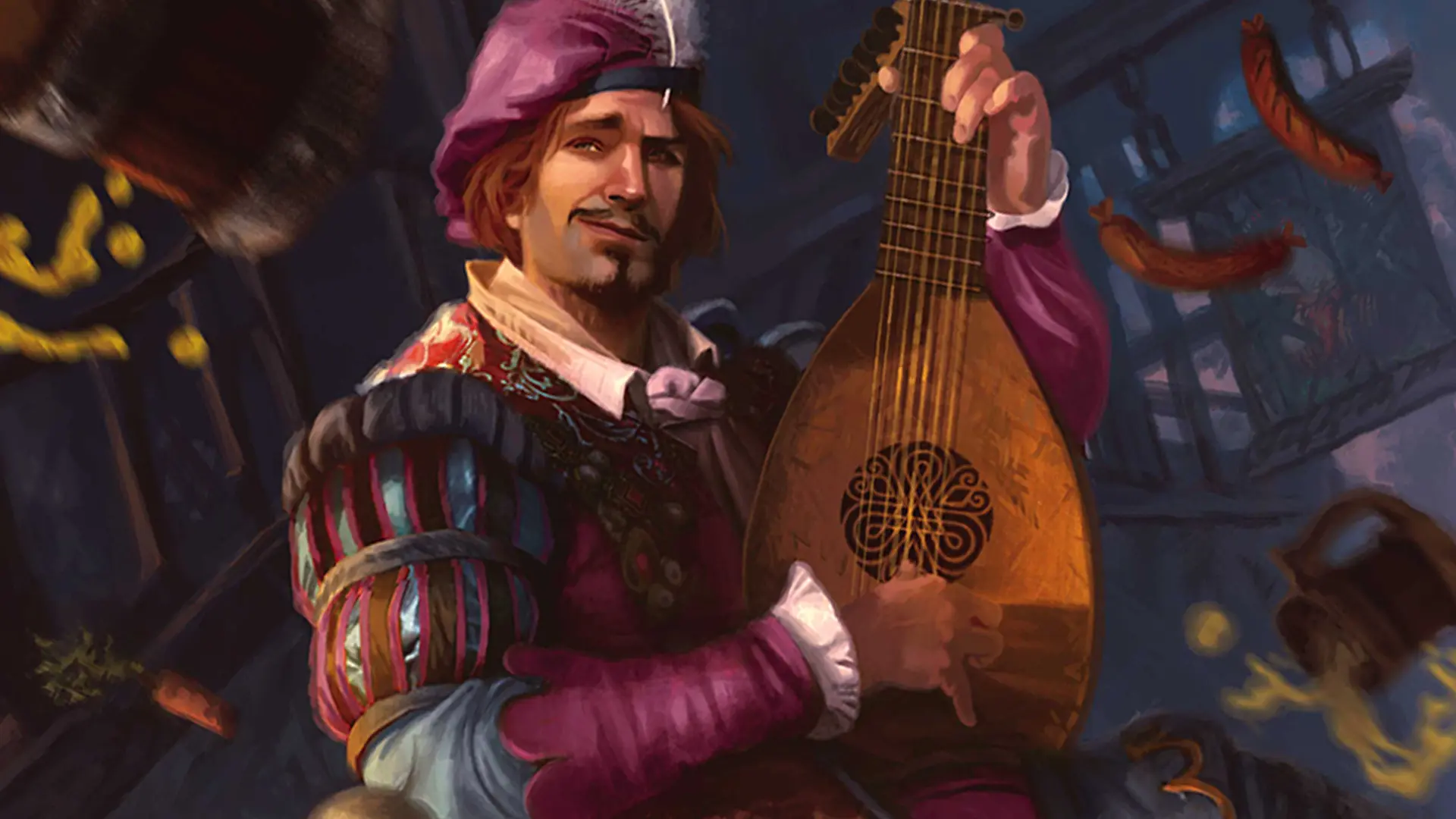When you hear the word what comes to mind?
Is it the image of a robed figure strumming a lute by a crackling fire?
Or perhaps you think of Shakespeare, that master wordsmith from centuries past?
Bards have a rich history, and their role has shaped cultures, preserved histories, and inspired countless generations.
In this article, we’ll explore what it means to be it the evolution of bards through history, and their significance in our modern world.
What Is a Bard?
Let’s start at the beginning.
A bard is traditionally seen as a storyteller or poet, often accompanied by music.
These individuals were the keepers of history and culture in various societies, especially before the advent of written language.
Characteristics of a Bard
Bards typically share a few common traits:
- Oral Tradition: They pass down stories and knowledge orally, making them crucial for preserving culture.
- Performance: often perform their stories, using rhythm and melody to engage their audience.
- Cultural Commentary: They frequently incorporate social or political commentary into their works, reflecting the values and struggles of their time.
The Role of Bards in History
Historically, played a significant role in various cultures:
- Celtic Bards: In ancient Celtic societies, were highly respected figures. They composed epic tales and songs celebrating heroes, battles, and the beauty of nature. Their works were vital for preserving history and culture.
- Medieval Bards: During the medieval period, traveled from court to court, sharing stories of knights and chivalry. They entertained royalty and common folk alike, helping to shape the narrative of the time.
- Renaissance Influence: The Renaissance period saw the rise of literary with figures like Shakespeare revolutionizing storytelling through plays and sonnets.
The Evolution of the Bard: From Oral Traditions to Modern Storytelling
Fast forward to today, and the concept of a bard has transformed, yet their essence remains.
Let’s take a look at how storytelling has evolved and where bards fit in this picture.
From Oral to Written Word
While oral traditions were once the primary means of storytelling, the invention of the printing press in the 15th century changed everything.
Now, stories could be preserved in written form, leading to:
- Wider Distribution: Books could reach more people than ever before.
- Permanent Records: Written works allowed stories to endure across generations.
- Diverse Genres: With written word came new genres, from poetry to novels, expanding the storytelling landscape.
The Rise of Modern Bards
Today, we see it in various forms:
- Musicians: Modern musicians often carry the torch of the bard tradition. They tell stories through lyrics, connecting with listeners on emotional levels. Think of artists like Bob Dylan or Taylor Swift, whose songs weave narratives that resonate deeply.
- Writers and Poets: Authors like J.K. Rowling and Maya Angelou carry forward the bardic tradition by crafting stories that inspire and educate.
- Film and Theatre: Screenwriters and playwrights are modern bards, using visual storytelling to convey narratives that can move audiences to tears or laughter.
The Importance of Storytelling in Today’s Society
In our fast-paced world, storytelling remains crucial.
Why?
Because it helps us:
- Connect: Stories foster connections between people, allowing us to share experiences and emotions.
- Reflect: They encourage us to reflect on our lives, our choices, and the world around us.
- Inspire Change: Stories can spark movements, drive social change, and challenge the status quo.
FAQs About Bards and Storytelling
What is the origin of the term?
The term has Celtic origins, referring to poets and storytellers who preserved history through oral tradition.
Are there different types of it?
Yes, can vary widely, including musicians, poets, playwrights, and even modern-day storytellers on platforms like social media.
How have bards influenced modern culture?
have shaped literature, music, and storytelling traditions, influencing countless artists and writers today.
What role do bards play in preserving culture?
are essential for preserving culture by telling stories that reflect values, history, and societal struggles.
Can anyone be it?
Absolutely! Anyone can embrace the spirit by sharing stories, whether through writing, music, or other forms of art.
The Bard’s Legacy: What Can We Learn?
As we navigate our world today, there’s much we can learn from the legacy of it\'[:
- The Power of Story: Stories can influence and change minds.
- Emotional Connection: Connecting with others through shared narratives fosters understanding.
- Cultural Preservation: Telling stories helps preserve our heritage and history.
- Creativity: Embracing creativity allows us to express ourselves and explore new ideas.
Final Thoughts: Embracing Within Us
So, as we wrap up this exploration of it lets reflect on our role in this storytelling tradition.
Whether you’re a musician, writer, or simply someone who loves a good tale, you can embody the spirit of it.
Share your stories.
Engage with others.
Preserve your culture.
In doing so, you’ll not only honor the legacy of past but also contribute to a vibrant storytelling future.
So, next time you sit around with friends or family, think about how you can weave your tales into the fabric of your community.
Remember, we all have inside us waiting to tell our stories.
Read More: https://aitrendstoday.site/

